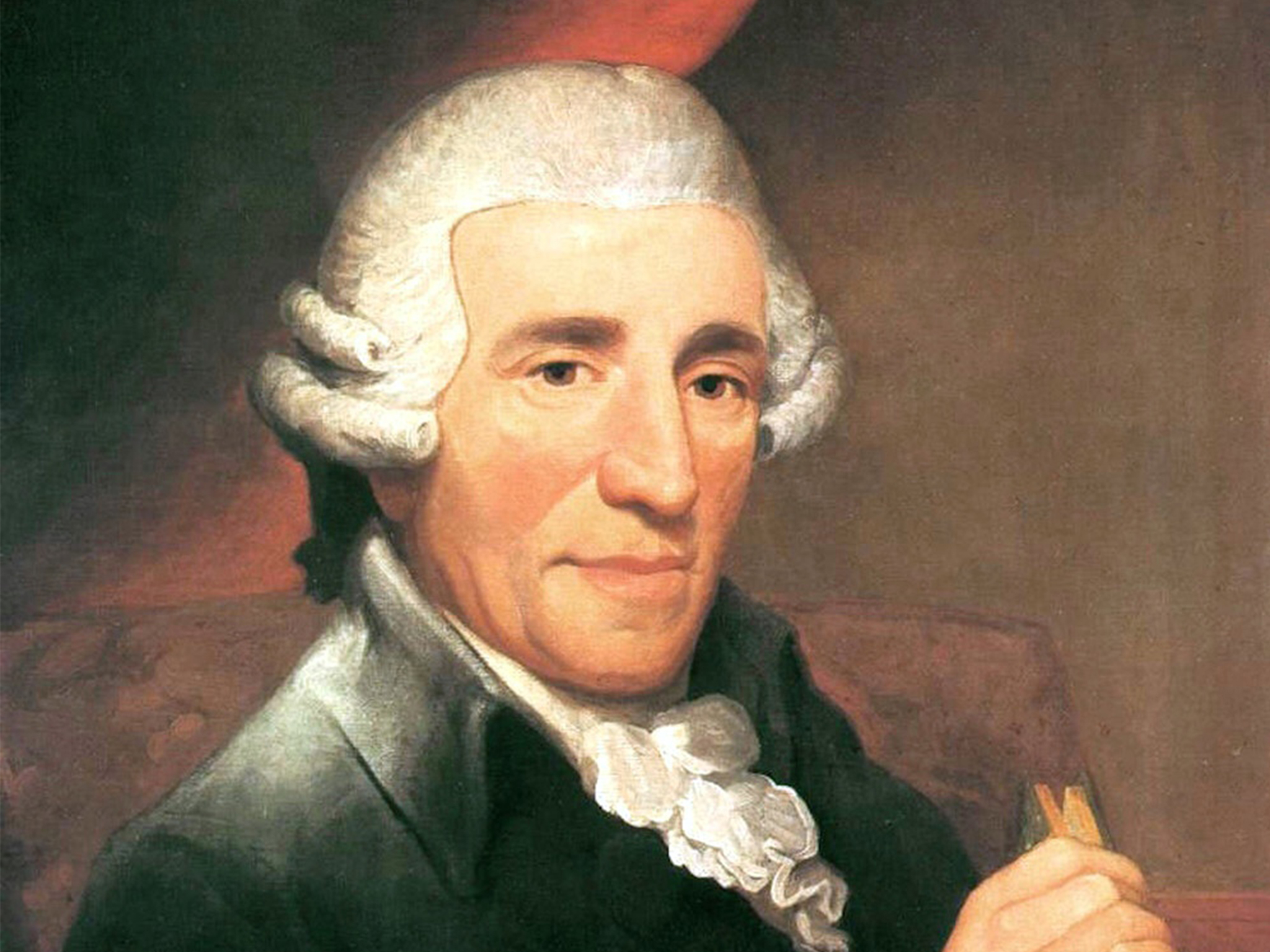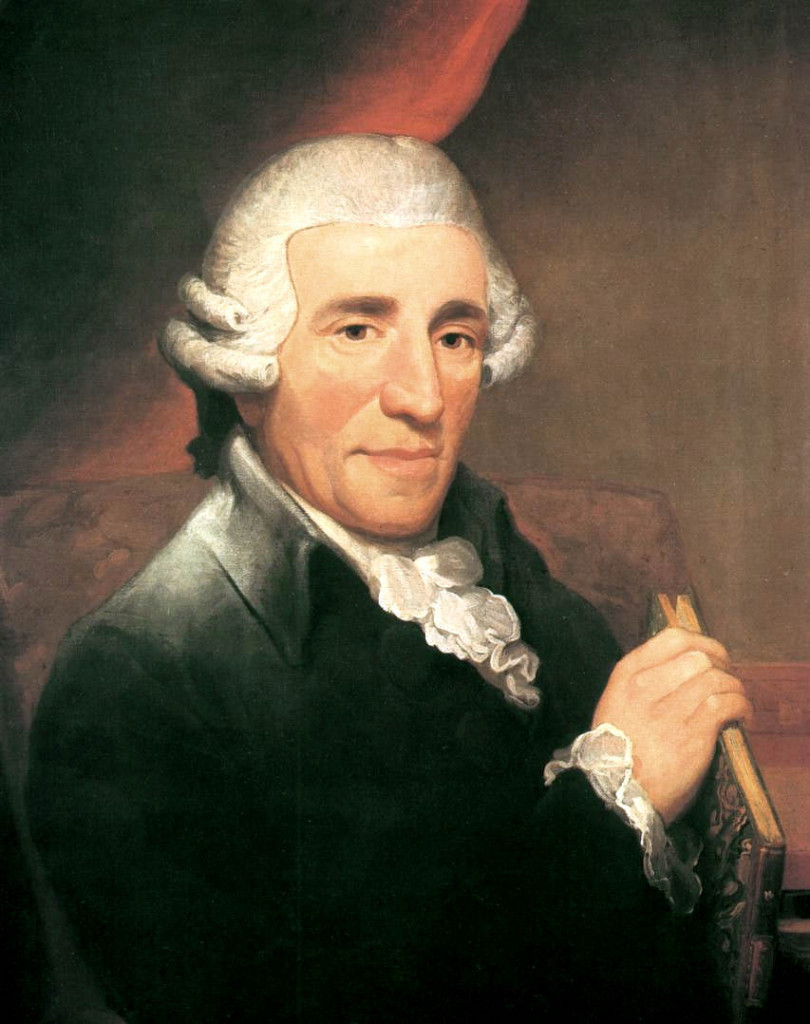In the realm of classical music, there are few names as revered and influential as Joseph Haydn. With a prodigious output of symphonies, chamber music, and choral works, Haydn played a pivotal role in shaping the classical era and paved the way for future musical giants. From his humble beginnings to his remarkable achievements as a composer, let’s delve into the captivating biography of Joseph Haydn.
Early Life and Education:
Born in Rohrau, Austria, on March 31, 1732, Joseph Haydn demonstrated his musical talents at an early age. Recognizing his potential, his parents sent him to study music at the age of eight, where he learned to play various instruments and received training in composition. Despite financial struggles, Haydn’s determination and passion for music propelled him forward, leading him to Vienna, the epicenter of European music at the time.
Employment and Musical Development:
Haydn’s musical career truly took off when he secured a position as a court musician for the influential Esterházy family in 1761. Working under Prince Nikolaus Esterházy, Haydn had the opportunity to experiment and refine his compositional skills. His time at the Esterházy court was instrumental in shaping his unique musical style.
Innovation and Contribution to Classical Music:
Joseph Haydn’s contribution to classical music cannot be overstated. As a pioneer of the symphony and string quartet forms, he revolutionized the structure and emotional depth of these genres. His innovative use of musical techniques, such as intricate counterpoint, dynamic contrast, and unexpected harmonies, set the stage for composers like Mozart and Beethoven to follow.
Haydn’s symphonies, including the renowned “Surprise,” “Military,” and “London” symphonies, showcased his mastery of orchestration and ability to captivate audiences with dramatic and memorable melodies. His string quartets, like the groundbreaking “Emperor” quartet, demonstrated his skill in weaving complex musical textures, often with a touch of wit and humor.
Collaboration and Legacy:
Throughout his life, Haydn cultivated lasting friendships with prominent composers, including Mozart and Beethoven. His influence on these great composers is evident in their music, with both Mozart and Beethoven expressing admiration for Haydn’s work.
Haydn’s legacy extends far beyond his own compositions. As a revered teacher, he mentored a generation of composers, including the young Ludwig van Beethoven. His dedication to his craft and his innovative musical techniques left an indelible mark on classical music as a whole.
Later Years and Final Works:
Haydn’s career continued to flourish as he grew older. After his tenure with the Esterházy family ended, he spent time in London, where he composed symphonies that were met with great acclaim. Haydn’s final compositions, such as “The Creation” and “The Seasons,” solidified his status as one of the greatest composers of his time.
Conclusion:
Joseph Haydn’s life and works epitomize the spirit of classical music. From his humble beginnings to his unparalleled musical achievements, he crafted a legacy that continues to resonate with audiences today. His innovative approach, coupled with his masterful compositions, has earned him a rightful place among the musical giants of history. Joseph Haydn’s music remains a testament to his genius, ensuring that his name will be celebrated for generations to come.


Comments are closed